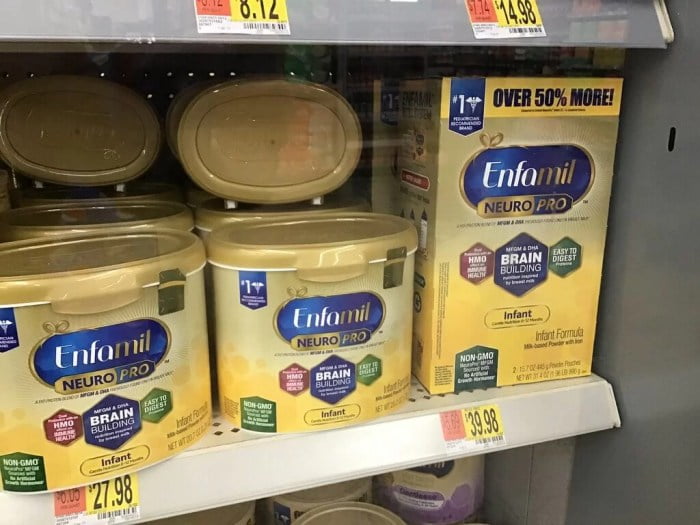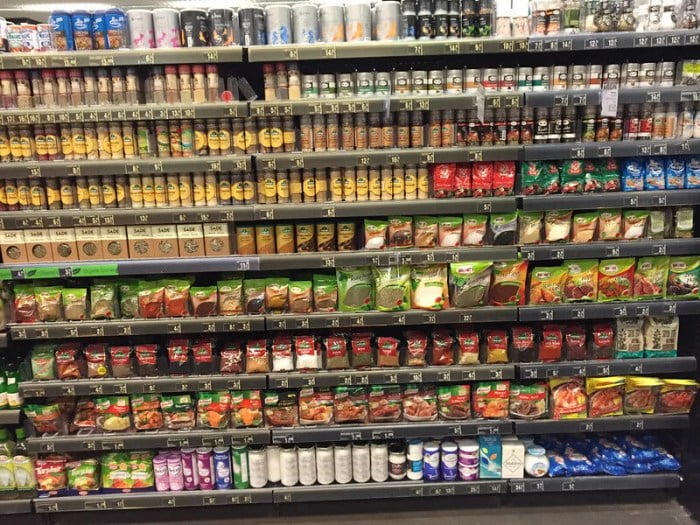Food stamps, also known as the Supplemental Nutrition Assistance Program (SNAP), play a crucial role in providing nutritional support to low-income households. Understanding what food items are covered by SNAP is essential for maximizing its benefits. This guide delves into the topic of seasonings and their eligibility under SNAP, exploring the types of seasonings covered, restrictions, and alternative sources.
SNAP aims to provide access to a nutritious diet for eligible individuals and families. The program covers a wide range of food items, including fruits, vegetables, meat, poultry, dairy, and bread. However, certain items are excluded from SNAP eligibility, and seasonings fall under this category.
Food Stamp Eligibility

The Supplemental Nutrition Assistance Program (SNAP), commonly known as food stamps, provides financial assistance to low-income households to purchase food. Eligibility for food stamps is determined by several factors, including income, assets, and household size.
Income Limits
To be eligible for food stamps, households must meet certain income limits. The income limits vary depending on the state in which the household resides and the number of people in the household. In general, households with incomes below 130% of the federal poverty level are eligible for food stamps.
Asset Limits
In addition to income limits, households must also meet certain asset limits to be eligible for food stamps. The asset limits vary depending on the state in which the household resides and the number of people in the household. In general, households with assets below $2,000 for a single person or $3,000 for a couple are eligible for food stamps.
Types of Households
Food stamps are available to a variety of household types, including families, single individuals, and elderly or disabled individuals. To be eligible, households must meet the income and asset limits and must also meet certain work requirements.
Seasonings and Food Stamp Coverage

The Supplemental Nutrition Assistance Program (SNAP), commonly known as food stamps, provides financial assistance to low-income individuals and families to purchase food. The program’s coverage includes a wide range of food items, but there are some limitations on what can be purchased with food stamps.
Seasonings are one of the food categories that have specific rules regarding their coverage under SNAP.
Whether seasonings are considered food items depends on their intended use. Seasonings that are used to enhance the flavor of food during cooking or at the table are generally considered food items and are covered by SNAP. This includes spices, herbs, salt, pepper, and other flavorings.
Non-Food Seasonings
However, seasonings that are not intended to be consumed as part of a meal are not covered by SNAP. These include items such as:
- Seasonings used for non-food purposes, such as mothballs or air fresheners
- Seasonings that are primarily used for medicinal purposes, such as turmeric or ginger
Limitations and Restrictions
There are also some limitations and restrictions on the types of seasonings that can be purchased with food stamps. For example, SNAP benefits cannot be used to purchase seasonings that are sold in bulk or in large quantities. Additionally, some states may have additional restrictions on the types of seasonings that can be purchased with food stamps.
Alternative Sources of Seasonings
While food stamps may not cover seasonings, there are alternative ways to obtain them. Community resources, food banks, and other programs often provide seasonings to individuals in need.
Community Resources
Many community organizations offer food assistance programs that include seasonings. These programs may be run by local churches, soup kitchens, or other non-profit organizations. Contacting these organizations can provide information about seasoning availability and eligibility requirements.
Food Banks
Food banks are another potential source of seasonings. While their primary focus is on providing essential food items, some food banks may also offer seasonings or other non-food items. Inquire at your local food bank about their seasoning availability and any restrictions on obtaining them.
Other Programs
Government-funded programs, such as the Supplemental Nutrition Assistance Program (SNAP), may provide additional resources for obtaining seasonings. SNAP offers a monthly benefit that can be used to purchase food items, including seasonings. Contact your local SNAP office for more information about eligibility and seasoning coverage.
Conclusion

In conclusion, seasonings are not considered eligible food items under the Supplemental Nutrition Assistance Program (SNAP). This exclusion aims to ensure that SNAP benefits are used for essential food items that provide nutritional value. While seasonings enhance the flavor of meals, they are not essential for a balanced diet.
Individuals and families can explore alternative sources, such as community resources, food banks, and other programs, to obtain seasonings and supplement their SNAP benefits.
Questions and Answers
Q: Why are seasonings not covered by SNAP?
A: SNAP prioritizes the provision of essential food items that provide nutritional value. Seasonings, while they enhance flavor, are not considered essential for a balanced diet.
Q: Are there any types of seasonings that are covered by SNAP?
A: No, seasonings in any form, including spices, herbs, and condiments, are not covered by SNAP.
Q: What are some alternative sources for obtaining seasonings?
A: Community resources, food banks, and other programs may provide seasonings. Additionally, individuals can grow their own herbs and spices or purchase them from local markets at a lower cost.